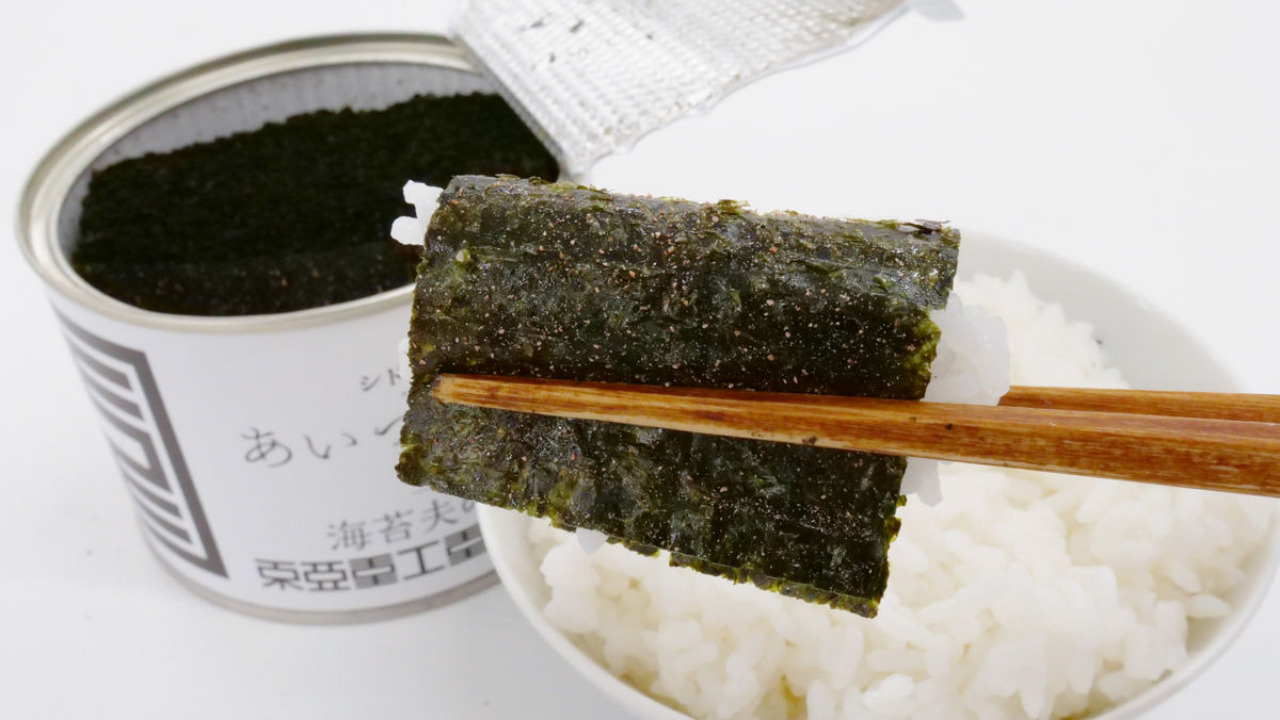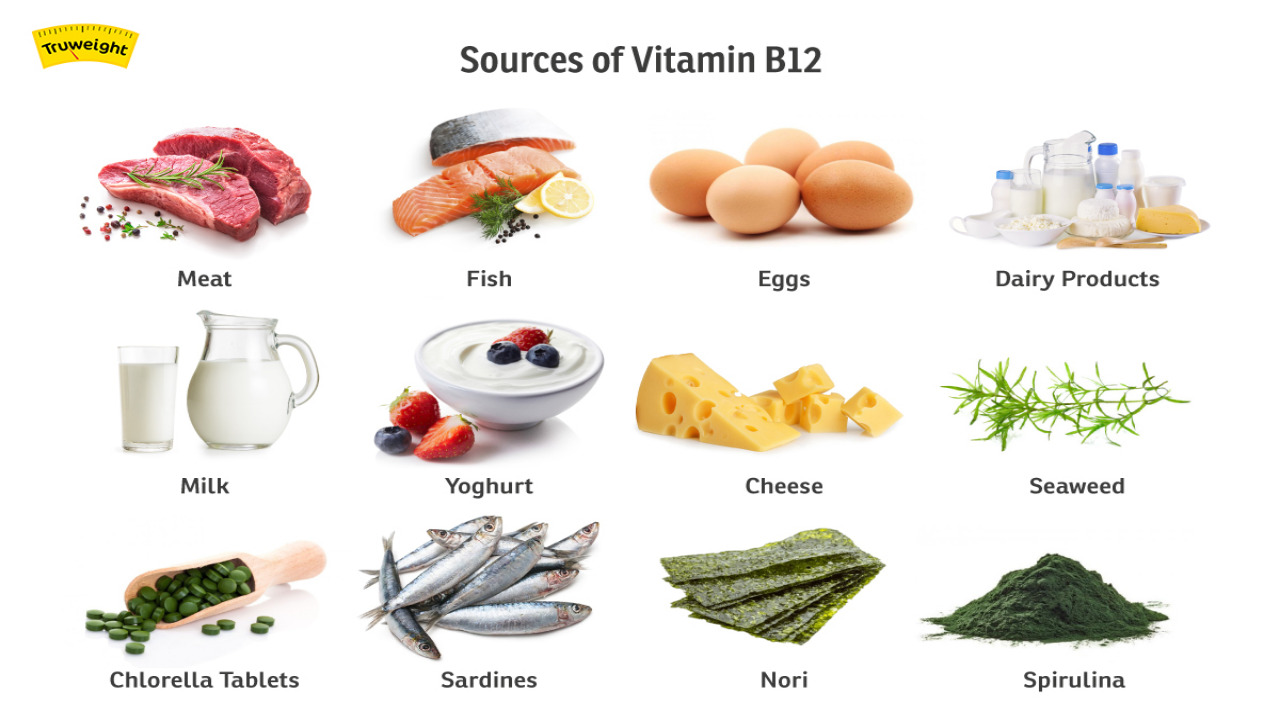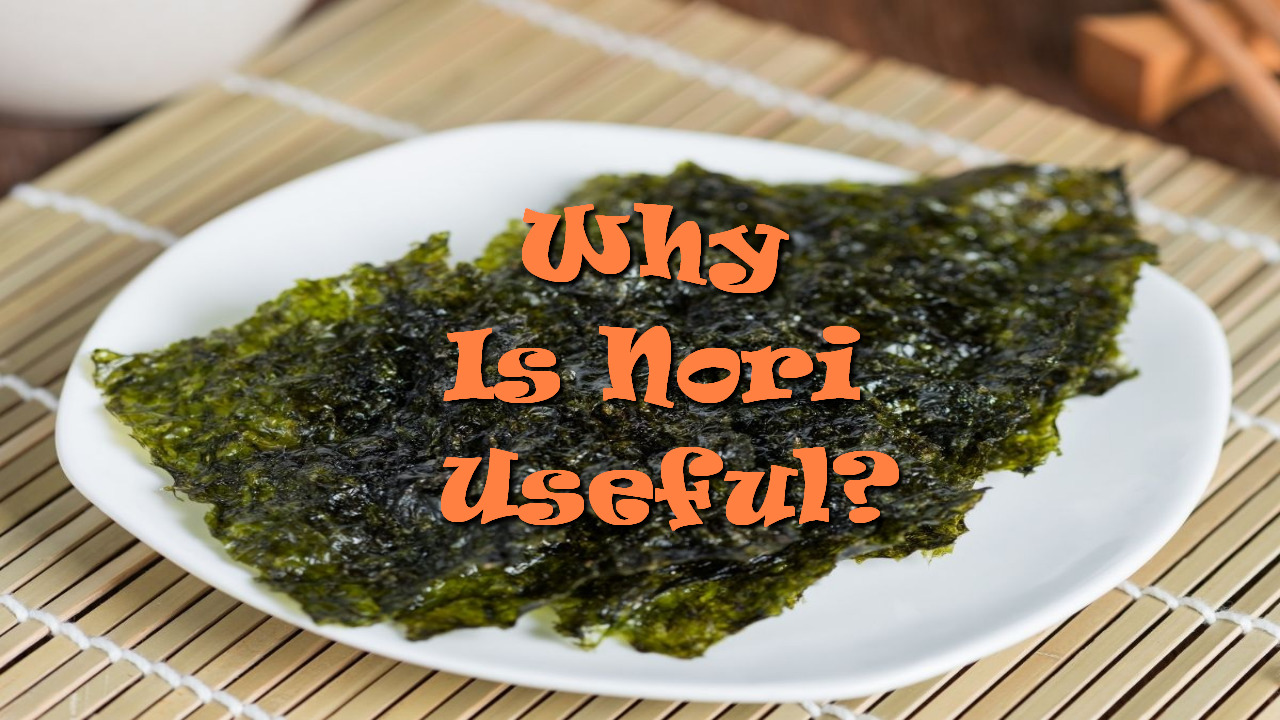Nori is a Japanese seaweed that has become very popular around the globe, it is used in sushi rolls and sashimi. It’s also known as laver, wakame, sea lettuce, and kombu. It is a type of edible kelp found along the coastlines of Japan. It is often eaten raw or lightly steamed. It contains a variety of nutrients, including fiber, protein, and other important micronutrients.
It’s been around since ancient times, but its popularity exploded after World War II when it was introduced to American consumers. Today, nori is found in supermarkets across North America. But did you know that nori contains nutrients like calcium, iron, magnesium, potassium, vitamin B12, vitamin C, and zinc? And that it’s high in protein? Nori is rich in minerals, vitamins, and antioxidants. It is also high in protein and fiber. It is commonly used in Japan for its health benefits. Here are some cool reasons why you should eat nori.
Helps prevent cancer

Studies suggest that eating nori may reduce the risk of stomach cancer. In recent research published in the Journal of Agricultural & Food Chemistry, nori contains compounds called polyphenols, which are compounds believed to protect cells from damage caused by carcinogens.
Improves digestion

Eating nori improves digestion. Studies have shown that nori reduces the amount of gas produced during digestion. Eating nori also increases the flow of digestive juices in the small intestine.
Promotes weight loss

Eating nori promotes weight loss. Researchers believe that nori stimulates the release of insulin, which regulates blood sugar levels. Insulin triggers fat storage, so when you eat nori, it helps burn calories and promote weight loss.
Lowers cholesterol
In research conducted by the University of California, Berkeley, nori lowers bad LDL cholesterol and triglycerides. These fats build up in arteries and cause plaque buildup, which can lead to heart disease.
Protects bones
Eating nori protects bone density. Research shows that nori prevents calcium absorption and enhances bone mineralization. Calcium is essential for maintaining strong bones.
Relieves headaches
Eating nori relieves headache pain. It contains magnesium, which relaxes muscles and calms nerves. Magnesium also helps relieve muscle spasms.
Nori is rich in Vitamin B12

Vitamin B12 is essential for proper brain function and nerve cell health. It also helps red blood cells to carry oxygen around the body. In fact, nori is so rich in Vitamin B12 that it’s been used as a dietary supplement.
Nori is high in protein
Protein is essential for good muscle growth and repair. Protein is also needed for energy production. Nori contains 15 grams of protein per 100 grams.
Nori is high in fiber
Fiber is vital for digestion and elimination. Fiber is also linked to weight loss. Nori is very high in fiber. According to the USDA National Nutrient Database, 100 grams of nori contain 12.8 grams of fiber. Nori is also low in fat. Fat is a source of calories, but it doesn’t provide much nutrition. Fat is also linked to heart disease.
Conclusion
Nori is an excellent food choice because it is nutritious, easy to digest, and delicious. It’s also a healthy alternative to meat.
